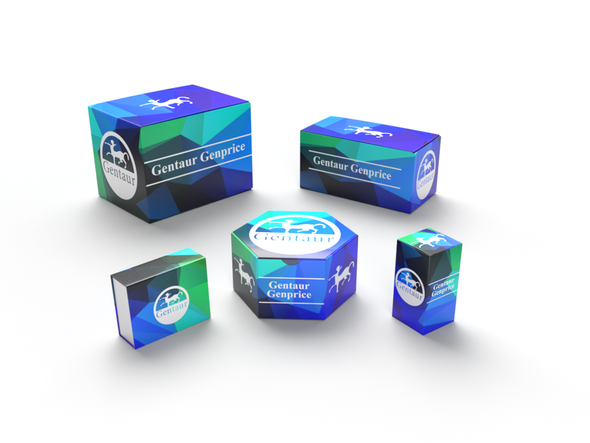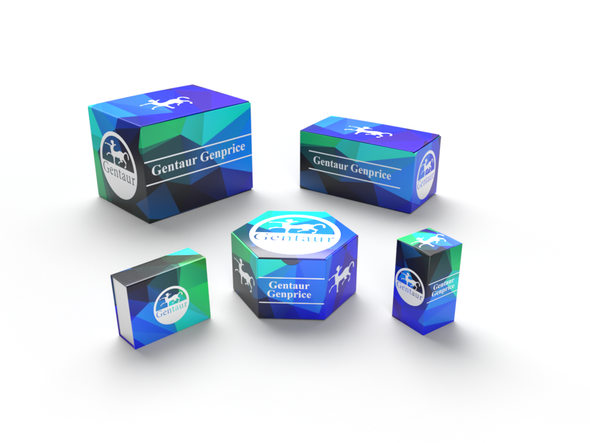Description
EI24 Antibody | 6487 | Gentaur UK, US & Europe Distribution
Host: Rabbit
Reactivity: Human, Mouse, Rat
Homology: Predicted species reactivity based on immunogen sequence: Bovine: (95%)
Immunogen: EI24 antibody was raised against a 19 amino acid synthetic peptide near the carboxy terminus of human EI24.
The immunogen is located within the last 50 amino acids of EI24.
Research Area: Apoptosis
Tested Application: E, WB, IHC-P
Application: EI24 antibody can be used for detection of EI24 by Western blot at 1 - 2 μg/mL. Antibody can also be used for immunohistochemistry starting at 5 μg/mL.
Antibody validated: Western Blot in rat samples and Immunohistochemistry in rat samples. All other applications and species not yet tested.
Specificiy: At least two isoforms of EI24 are known to exist; this antibody will only detect the larger isoform.
Positive Control 1: Cat. No. 1464 - Rat Liver Tissue Lysate
Positive Control 2: N/A
Positive Control 3: N/A
Positive Control 4: N/A
Positive Control 5: N/A
Positive Control 6: N/A
Molecular Weight: N/A
Validation: N/A
Isoform: N/A
Purification: EI24 Antibody is affinity chromatography purified via peptide column.
Clonality: Polyclonal
Clone: N/A
Isotype: IgG
Conjugate: Unconjugated
Physical State: Liquid
Buffer: EI24 Antibody is supplied in PBS containing 0.02% sodium azide.
Concentration: 1 mg/mL
Storage Condition: EI24 antibody can be stored at 4˚C for three months and -20˚C, stable for up to one year. As with all antibodies care should be taken to avoid repeated freeze thaw cycles. Antibodies should not be exposed to prolonged high temperatures.
Alternate Name: EI24 Antibody: EPG4, PIG8, TP53I8, p53-induced gene 8 protein
User Note: Optimal dilutions for each application to be determined by the researcher.
BACKGROUND: EI24 Antibody: The etoposide-induced 24 (EI24) protein is an immediate-early induction target of p53-mediated apoptosis and functions as a tumor suppressor. EI24 contains six transmembrane domains and is localized to the endoplasmic reticulum (ER) . It binds to Bcl-2 and may contribute to apoptosis by modulating the activity and function of Bcl-2. EI24 is highly mutated in aggressive breast cancers and its loss in breast cancer tissue correlates with tumor invasiveness. Similar findings in invasive cervical carcinoma suggest that EI24 may be a promising therapeutic target in the treatment of invasive cancer.










![EI24 Antibody (N-Term) [ApR04945G] EI24 Antibody (N-Term) [ApR04945G]](https://cdn11.bigcommerce.com/s-1rdwiq712m/images/stencil/590x590/products/61049/61353/gentaur-genprice__26005.1661610467__29809.1661628092__75433.1661676199__77988.1661684280__64362.1661692443__26946.1661863889.png?c=1)